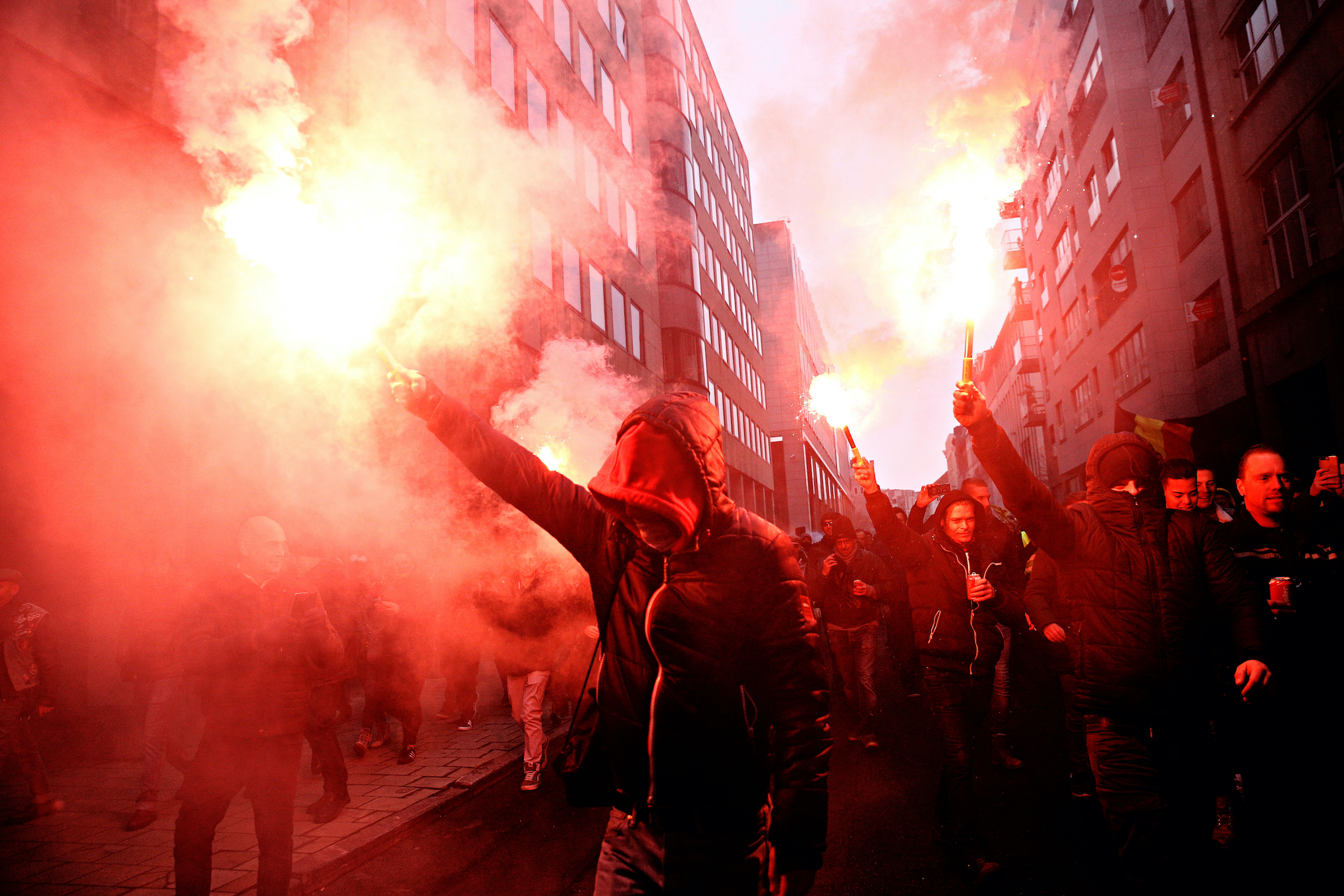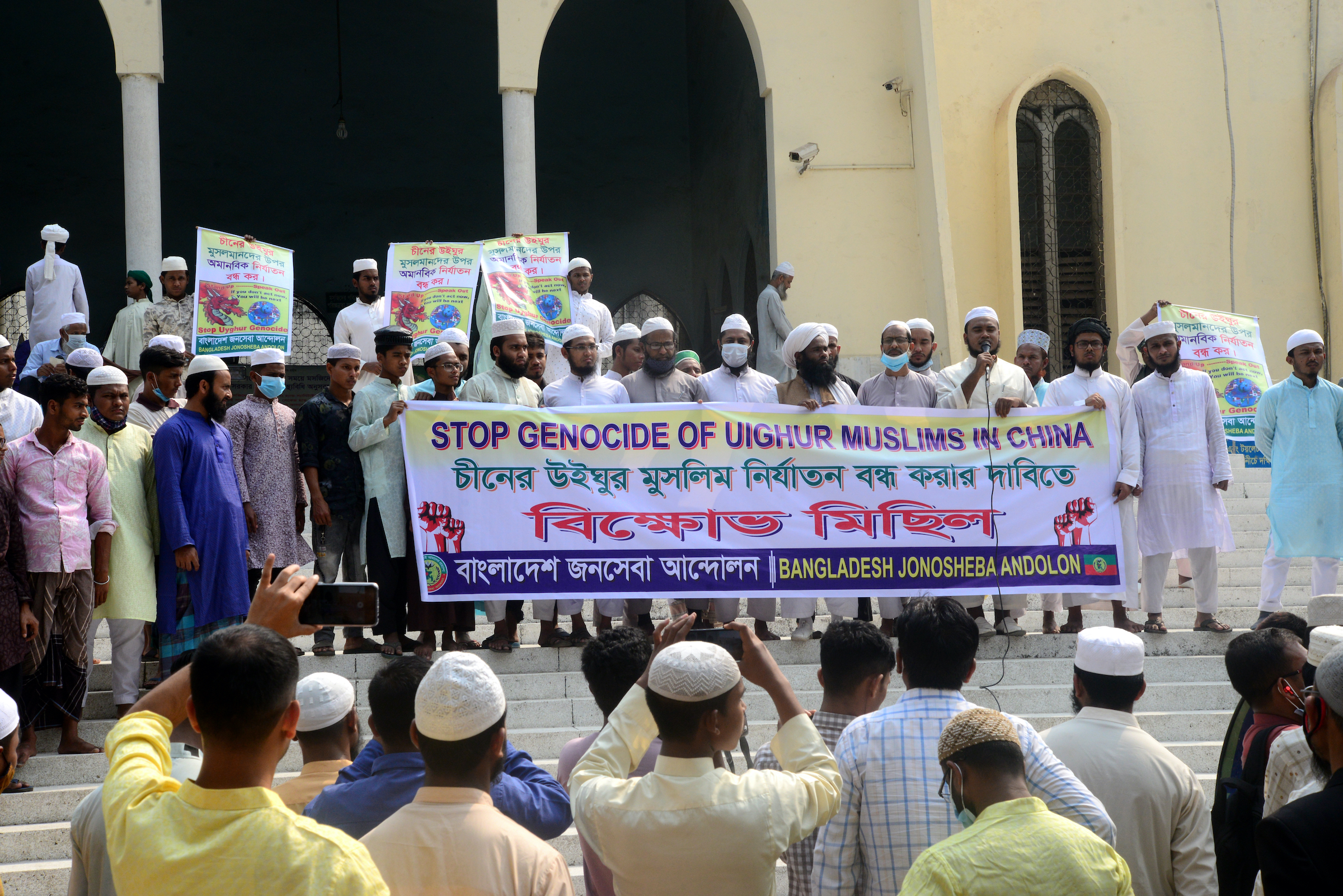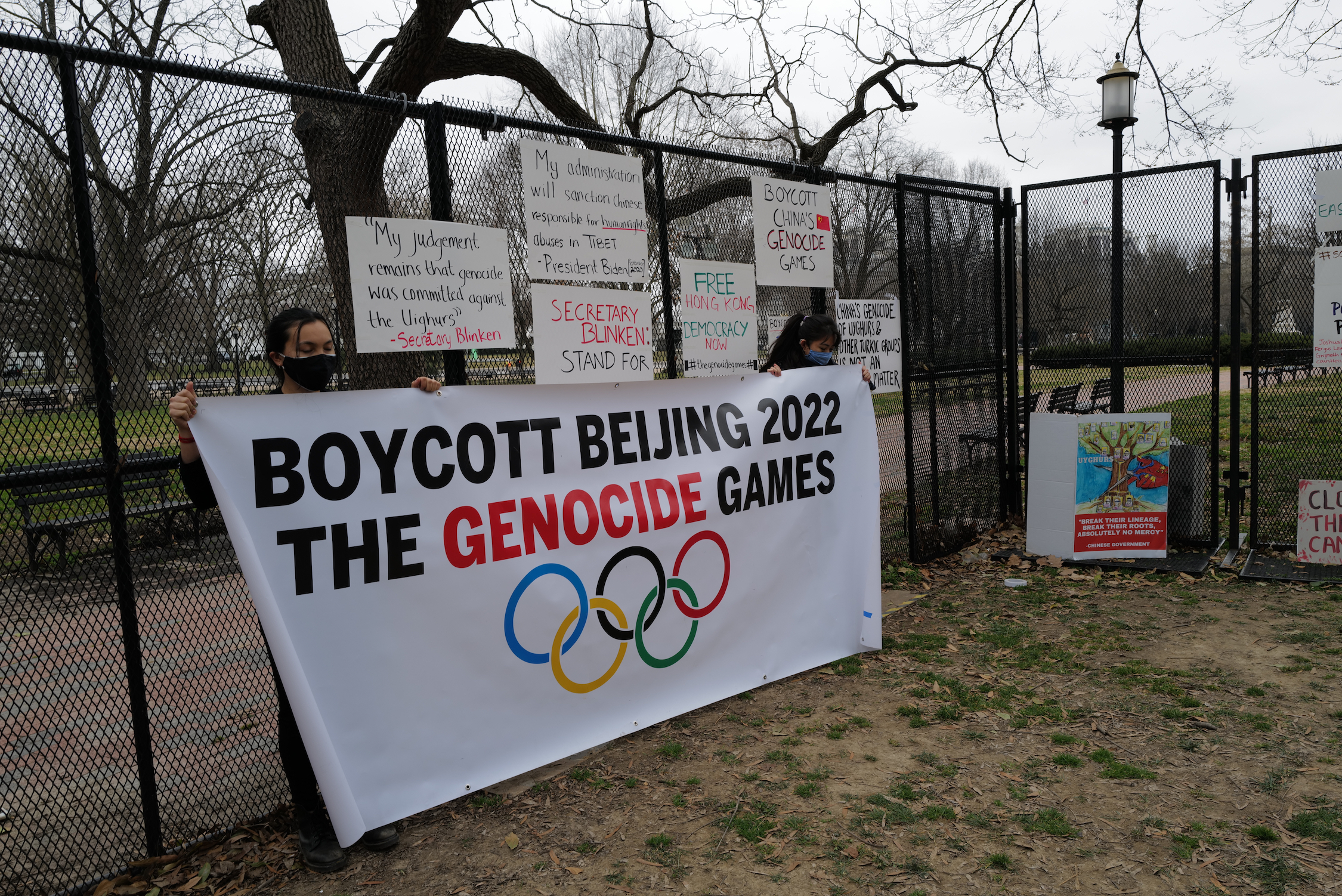One of the things that seems to be happening now in the 21st century is, that instead of embracing the idea that in a globalised world we have to operate together and that there has to be more multilateralism and acceptance of legal processes that cross borders, there’s almost been a kind of reluctance to do that and a retreat into nationalisms. Perhaps this is because a globalised world feels too frightening and people feel they are losing their identity and therefore take comfort in securing their identity within national boundaries. The difficulty with that is that it involves attacking international courts.
People don’t want to have courts beyond their own borders making decisions that might affect how they live and yet, at the same time, we cannot function as a world without holding one another to account and seeking to create standards that cross borders, if we don’t have international entities to deal with conflicts and with erosions of the standards that we’re seeking to set.


